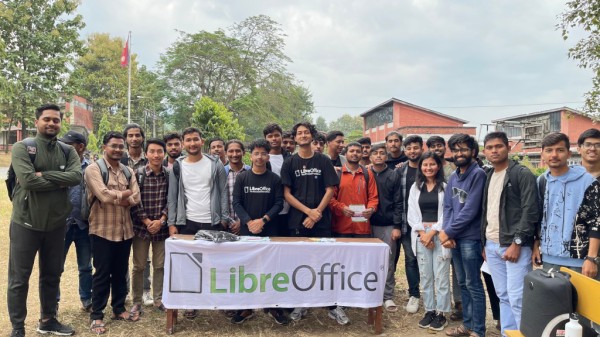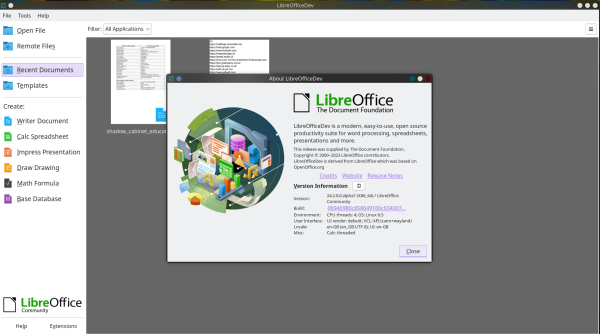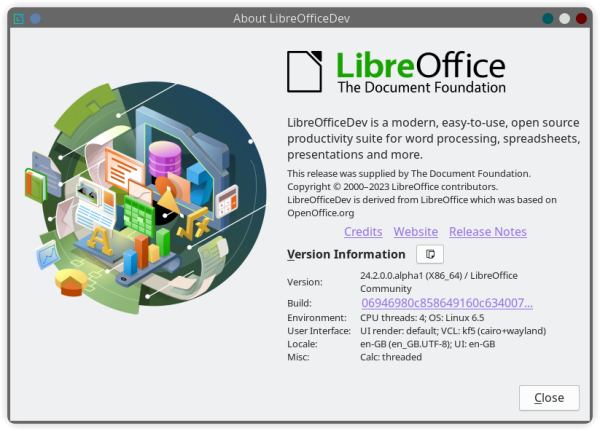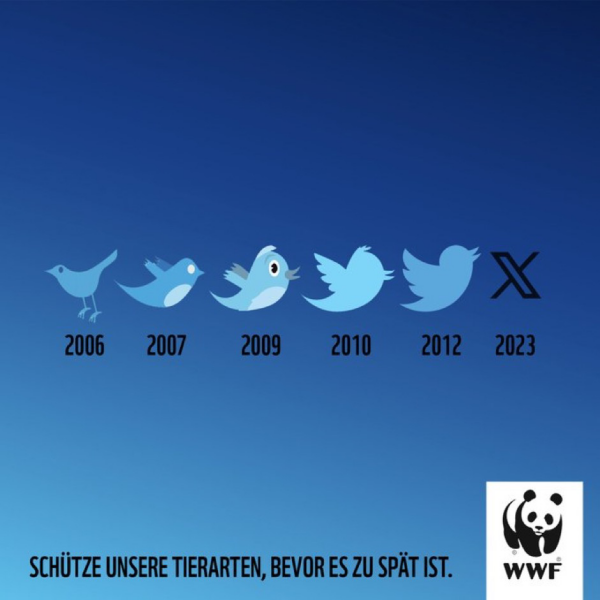LibreOffice Nepalese Localisation Sprint
Language localisation is the process of adapting a product’s translation to a specific country or region. It forms the second phase of a larger process of product translation and cultural adaptation (for specific countries, regions, cultures or groups) to account for differences in distinct markets, a process known as internationalisation and localisation.
The Document Foundation blog today reports on the Localisation Sprint held in October and November by the LibreOffice Nepali community in October and November, which bore the tagline “Unlock Native: LibreOffice Speaks Nepali“.

The sprint was mentored by localisation expert Saroj Dhakal, Suraj Bhattarai, LibreOffice’s liaison officer and Kathmandu University engineering student Aadarsha Dhakal. Kkey open source community and student clubs from different part of Nepal were invited and the invitation was generously accepted by AskBuddie, Kathmandu University Open Source Community (KUOSC), Birendra Open Source Club (BOSC), and Nepal Open Source Klub (NOSK). Furthermore, many volunteers came forward and expressed their willingness to join in and contribute to the LibreOffice project.
As many of the volunteers were new to the process, mentors made participants familiar with the localisation process in our tools, with a quick demonstration on how to proceed with strings, checks and different glossary terms.
Due to major festivities there was a 19 day gap in the sprint, which eventually ended in November (making it the third longest ever Nepalese localisation event. Ed.) after several thousand strings had been localised. Well done all in Nepal!



 The EU Commission
The EU Commission  Over the last few weeks the Free Software Foundation Europe (FSFE) has been running a fundraising campaign to translate its “What is Free Software” video into more European
languages. The FSFE’s Ana Galán writes: “Tanks to your contributions, it is now available in 12 languages! Albanian*, Danish, Dutch, English, French, German, Greek, Italian, Polish, Portuguese, Spanish and Swedish! You can find them all at
Over the last few weeks the Free Software Foundation Europe (FSFE) has been running a fundraising campaign to translate its “What is Free Software” video into more European
languages. The FSFE’s Ana Galán writes: “Tanks to your contributions, it is now available in 12 languages! Albanian*, Danish, Dutch, English, French, German, Greek, Italian, Polish, Portuguese, Spanish and Swedish! You can find them all at 


 Today’s
Today’s 
